Google Store sent me kicking and screaming back to Apple
Part 1 of three. Google Store's bureaucratic ineptitude is beyond belief. My recent, unresolved customer crisis is an experience in artificial unintelligence. For a parent company whose core competency is supposed to be indexing, crunching, and disseminating information, it's inconceivable that something so simple as fixing a single order error could escalate into a tragically comic Catch-22. I should have abandoned all efforts long before reaching the point of penning this post and looking back to the Apple Way.
To summarize: I received the wrong Pixel phone nearly a month ago. Google Store struggled to process a return authorization, because the device in hand didn't match the one in the order. I eventually agreed to keep the thang, so long as the retailer could transfer the extended warranty -- so-called "Preferred Care" -- that I had paid for. But the process proved to be complicated, then necessity, after I unexpectedly needed to file a damage claim. You'll have to read on for the sordid punchline, but suffice to say it all ends in a comedy of compounding errors.

Google's Two Pixel Problems
Like unwanted mushrooms popping up after rain, Pixel 3/XL rumors are everywhere. Google gets gravy from all the free fan- and blog-post hype. Am I imagining, or is there even more buzz than for the next iPhone(s), which presumably comes soon (Apple sent out invites yesterday for a September 12 product event).
Buzz is the measure of interest—and while iPhone has commanding market share, Pixel's mindshare is formidable. Someone tell me: Is Google's new device really going to be that good? The leaked photos aren't that inspiring with respect to design (little is different). Or perhaps expectations about iPhone X (and its companions) are low—and maybe for good reason.

Apple replaced my butterfly keyboard
Yesterday, the local Apple Store emailed that my wife's former 13.3-inch MacBook Pro with Touch Bar was ready. We picked up the laptop hours later. If you haven't heard about specks of debris causing MBP keyboard failure, I can confirm from our experience that such problem occurs. In mid-June 2018, Apple initiated a free repair program, which we used last week with surprisingly positive results.
I purchased the custom-configured MBP in mid-November 2016, and right out of the box the spacebar occasionally skipped. The malfunctioning worsened over time, and, coincidentally (or not), reached crisis a few days after Apple admitted to problems with the Butterfly keyboard. The spacebar became stiff to touch, requiring considerable pressure to push, sometimes working but more often not.
Two months later, switching to Google from Apple
Doubt disturbed my commitment to give up the Apple Way for the Google lifestyle two months ago. Preparing to pack up my wife's 64GB white iPhone X, I was taken aback by how pretty it was. She kept the thing in a case, which protected from damage but also obscured beauty. For fleeting seconds, I wondered why switch. Product design that generates joy is another benefit—and one transcending any, and every, feature.
But the moment passed, and I boxed up her smartphone along with my 256GB black iPhone X. Google gave great trade-in values, which dispatched the hassle of reselling the devices on Craigslist. Eight weeks later, writing this post on Pixelbook, I don't regret the decision. Confession: The transition isn't quite complete, but we're getting there.

I declare independence from Apple (and mean it this time)
Six years ago today I penned my personal Declaration of Independence from Apple, nearly a month after pledging to boycott the company's products and services—and I did, only to quietly stop six months later. They say history repeats, eh? On this July 4th, I forsake the fruit-logo company once more. From Apple I return to Google, choosing one digital lifestyle over the other—and not for the first time, as some commenters will be quick to argue.
Past to present: By summer 2012, I viewed various patent assaults by Apple against Samsung and others as competition by litigation, not innovation. Weighing on my decision in 2018 is a newer—and more aggressive—attack against Qualcomm, which headquarters are in San Diego (my city of residence). While a Qualcomm customer, Apple also is a fierce chip competitor that seeks to bolster margins by paying less for patents—and by invalidating or diminishing them, destabilize competition from the Android Army.

Europe guts Google, and that's just wrong
Today the European Union gave Apple a great gift to celebrate iPhone's 10th anniversary (on June 29th): The ridiculous, record $2.7 billion fine, and associated sanctions, against Google that once again demonstrates the EU's small-minded oversight that wrongly regulates evolving technologies in a big world. The adverse antitrust ruling finds that the online titan favored its own online shopping services (and paying customers) over rivals.
In February 2010, with the EU Competition Commission's preliminary investigation starting, I rightly called "Google a dangerous monopoly". Seven years later, the competitive landscape has dramatically changed, and rapidly evolves. The Commission's action is too much, too late, and in the short-term can only benefit rivals like Apple that will dominate online activities and commerce as what we knew as traditional web search becomes something else.

Google, you better up your tablet game before Apple takes you down
To celebrate the launch of Apple's new 10.5-inch iPad Pro, I ordered Pixel C, which arrived three days ago. Worst case, the tablet can be returned for refund during the buyer's remorse period; there ain't any regrets so far—just the opposite. To my pleasant surprise, the tab is much more enjoyable than I remember, because Nougat is so pretty, efficient, and buttery smooth than was Marshmallow on the device. The screen scorches any available iPad, Pro or otherwise, and the performance is shockingly nimble. My Pixel C shipped with Android 7.1.1 and quickly updated to 7.1.2. I will soon install Android O; Google released Developer Preview 3 yesterday.
There's a certain insanity to the purchase, which I am sure flaming commenters will just love. I reviewed Google's Android slate 15 months ago; that makes the thang ancient as measured in computing years. But Big G still sells the tab, and there must be a reason, right? I got another because a college student took possession of my first Pixel C in early 2016. With keyboard cover, the tablet makes a helluva handy carry-along on campus.

IDC was so wrong about Windows Phone
I laughed so hard and so often at IDC's smartphone forecast, my response took nine days to write -- okay, to even start it. The future isn't my chuckable -- that data looks reasonably believable enough -- but the past. Because 2016 was supposed to be the year that Microsoft's mobile OS rose from the ashes of Symbian to surpass iOS and to challenge Android.
In 2011, IDC forecast that Windows Phone global smartphone OS market share would top 20 percent in 2015. The analyst firm reiterated the platform's No. 2 status for 2016 in 2012 as well. Not that I ever believed the ridiculous forecasts, writing: "If Windows Phone is No. 2 by 2015, I'll kiss Steve Ballmer's feet" and "If Windows Phone is No. 2 by 2016, I'll clean Steve Ballmer's toilet". The CEO's later retirement let me lose from those obligations had I been wrong. I was confident in my analysis being truer.
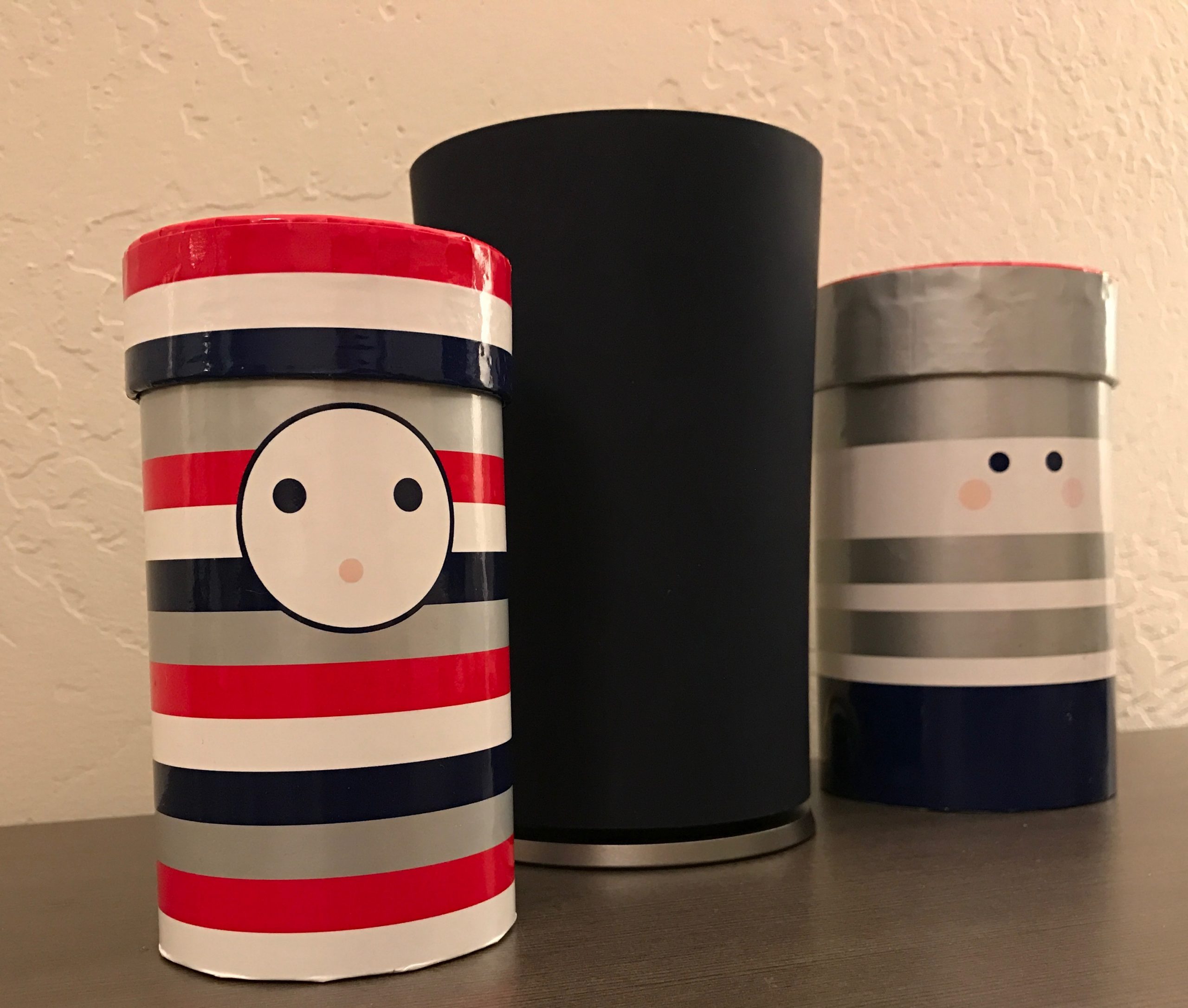
Google OnHub Soars, Apple AirPort Crashes
We all make mistakes. The challenge is recognizing and correcting them quickly enough. So comes admission: I bought Apple AirPort Time Capsule to replace Google OnHub—what a bad decision.
My tale starts with a chance sighting on Kinja Deals for the 2TB Apple WiFi router on sale at Amazon for $199; one-hundred bucks off. I ordered on Nov. 16, 2016, and the device arrived two days later. At the time, I had 45Mbps AT&T Internet (which has changed since). Placed in the same location where OnHub had been, about 3 meters away from my desk in the same room as the router, throughput consistently came in at 15Mbps, occasionally a little more, as measured by Fast.com or SpeedTest.Net. By contrast, Google's router wirelessly pumped 40Mbps or more. Ah, yeah.
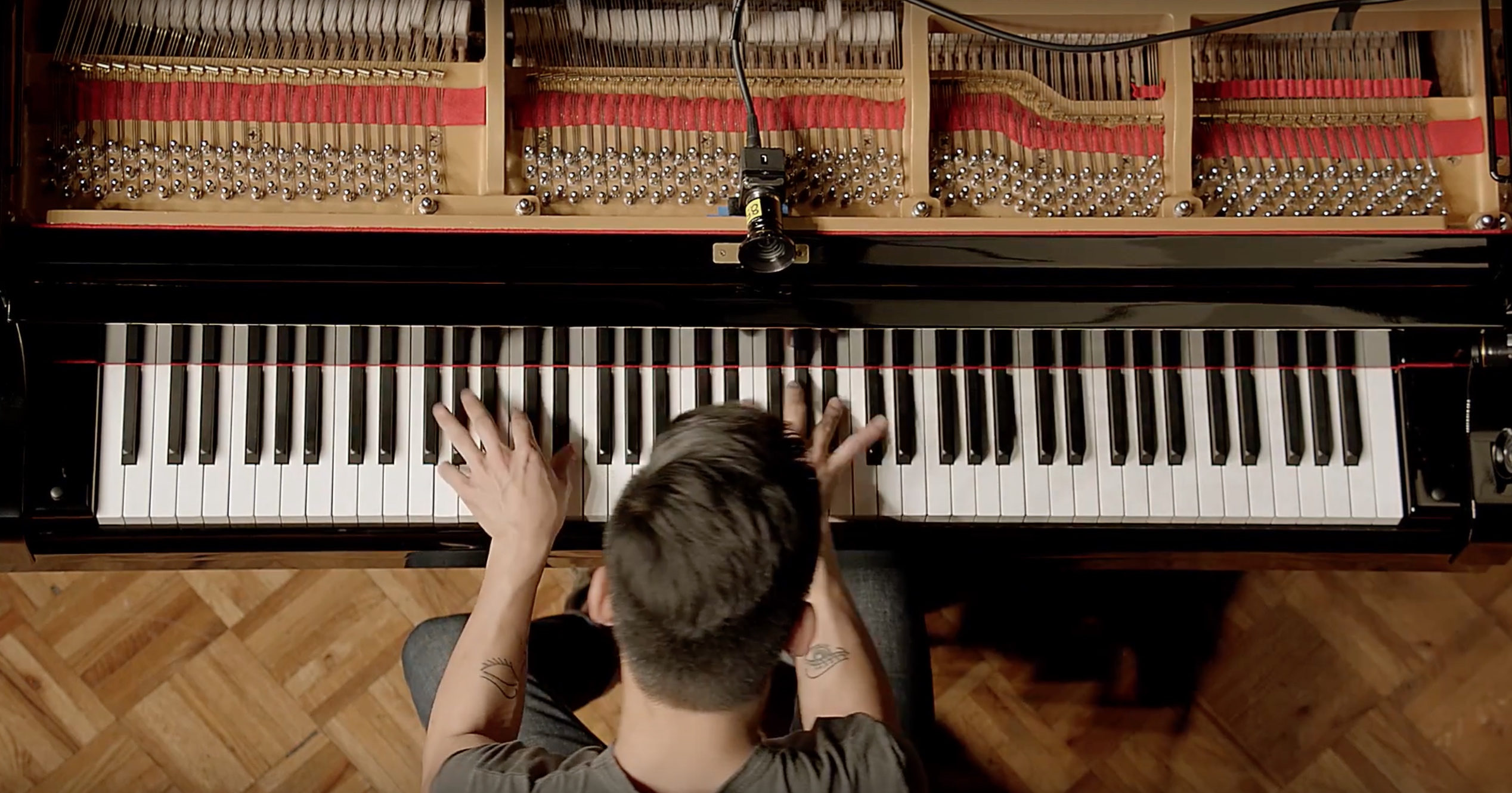
Google 'Monotune' is goddamn good metaphor marketing
Great advertising strikes a chord, in this instance quite literally, with consumers. The best compares the primary product to another, effectively evoking emotional connection. Apple's "1984" commercial and "Get a Mac" series are excellent examples. In the former, the IBM PC is portrayed as Big Brother, while in the latter actors represent Mac and PC—the benefits of one and detriments of the other. Both examples use metaphors to simplify complex comparisons and to make lasting impressions rather than to checklist features.
Google spot "Monotune" is a magnificent metaphor—piano of 88 different keys representing Android set against another, portraying iPhone, where all the notes are the same. Music is memorable, and the comparison striking as much for the under current. Apple's brand often is associated with music and also creative individuals.
Where in the world is Google Pixel C?
Black Friday is behind us, Cyber Monday is here, and Christmas shipping new purchases cuts off in about three weeks. Which makes me wonder: Where is Google's new tablet? When announced at the end of September, Google product director Andrew Bowers said that the "Pixel C will be available in time for the holidays on the Google Store". Eh, yeah—by whose measure is "in time". The information giant typically sells out of new gear, which leaves little time to manage inventory. "Out of stock" notices will disappoint many shoppers, who may buy something else.
I watched for this baby to drop before Thanksgiving, particularly with Apple iPad Pro already available—three weeks now. Granted, the devices target different markets, if for no other reason than size (12.9 and 10.2 inches, respectively). But each is innovative and stylish and would make great presents for someone. I'm ready to buy, Google. As surely are many Android fanboys. I reached out to the PR staff there today and was told to "stay tuned", which could be interpreted as soon. We shall see, eh?
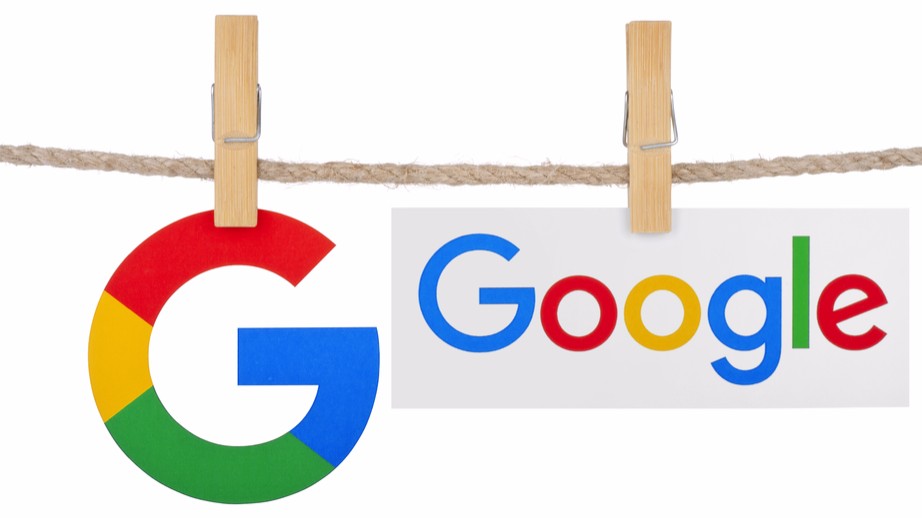
5 things for which Google can give thanks
Another Thanksgiving is upon us, as Americans stuff their bellies with turkey and vittles, before falling asleep during the afternoon football game. It's the day of family feuds, too much food, and setting the mood for the holiday season ahead.
We also count our blessings and give thanks for the year behind. I got to wondering what Google can be grateful for and compiled a short list for you. Perhaps you would like to add to it in comments or lash out at my lack of sensitivity on this special day. Please do. With that brief introduction, I present 5 things for which Google can give thanks, served in no particular order of importance.
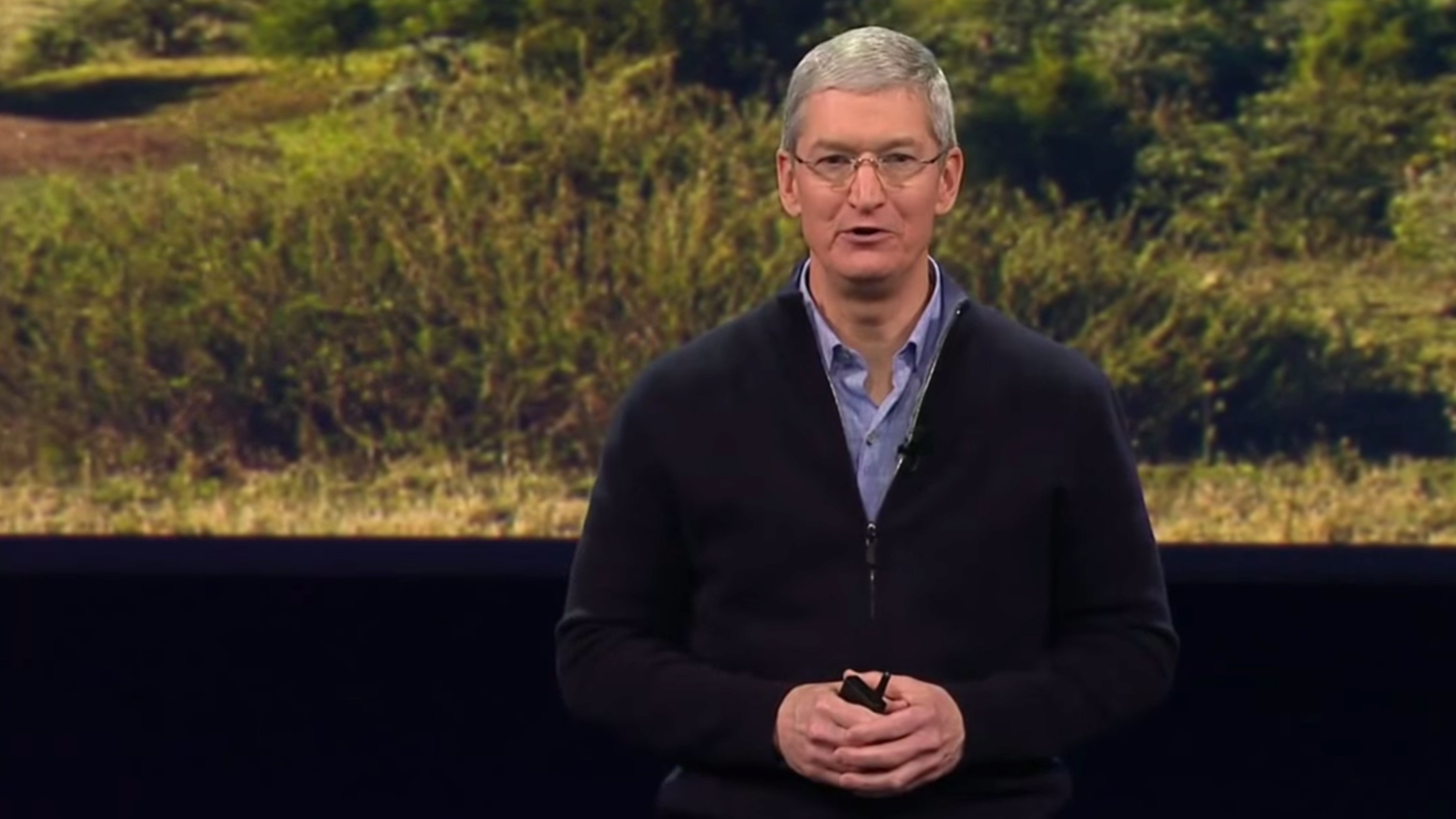
Just because Apple CEO Tim Cook claims something doesn't make it true
The haughty headline from yesterday's Apple fiscal fourth quarter 2015 earnings report isn't big revenue or profit performance ($51.5 billion and $11.1 billion, respectively), but a figure given by CEO Tim Cook during the analyst call: "We recorded the highest rate on record for Android switches last quarter at 30 percent".
Blogs, and some news sites, set the statement off like an atomic blast of free marketing for Apple. The fallout spreads across the InterWebs this fine Wednesday, largely undisputed or corroborated. Just because Cook claims something doesn't make it true. To get some perspective, and to either correct or confirm the public record, today I asked a half-dozen analysts: "Does your analysis of the smartphone market support that assertion?"
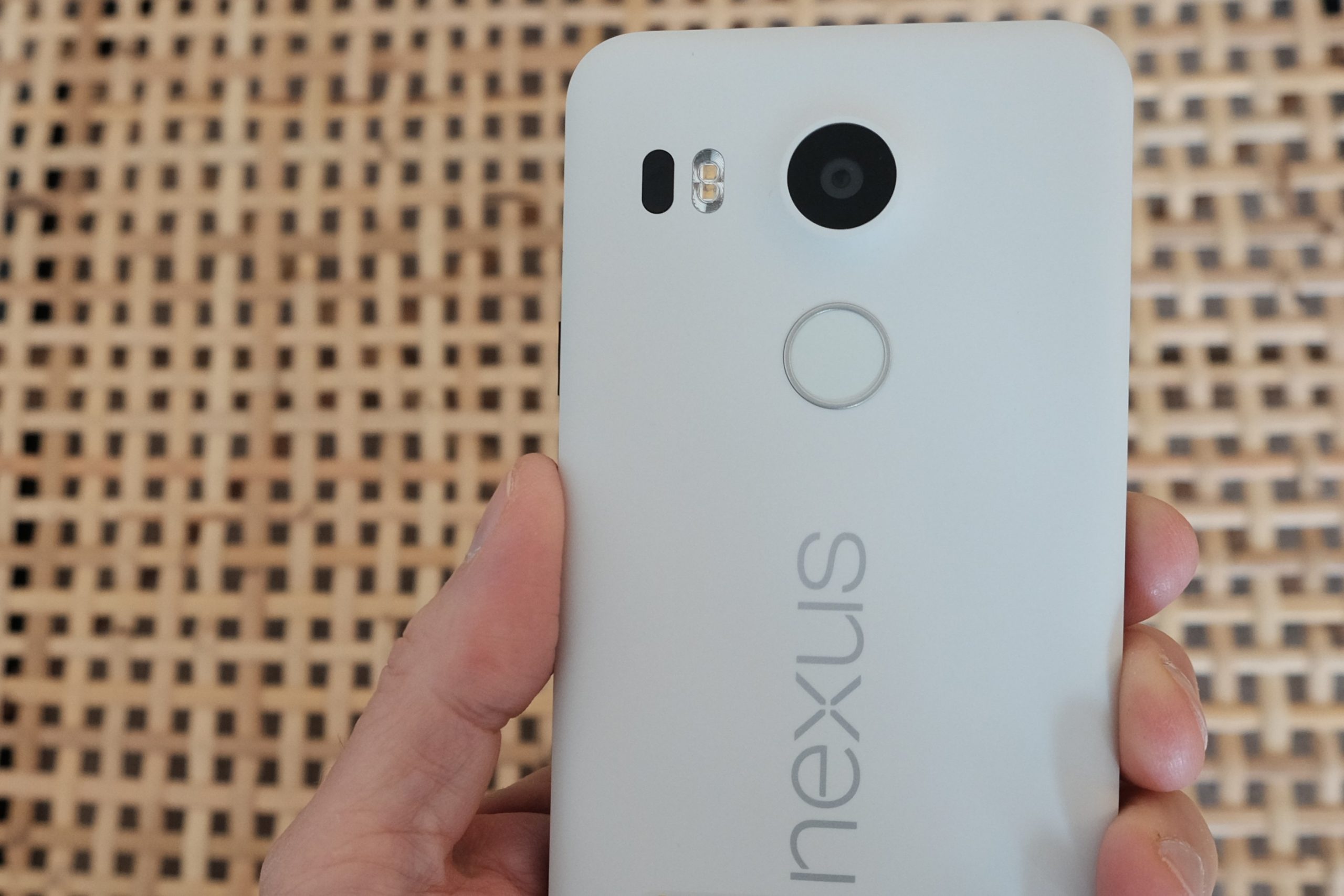
Nexus 5X first-impressions review
The question everyone should ask about Google-branded, LG-manufactured Nexus 5X: Who is it for? My first-impressions review primarily focuses on the answer. My wife is one person, and I am surprised. Because conceptually she steps down from the Motorola Droid Turbo, which by raw specs is the superior mobile. Budget buyers also should consider the 5X or anyone living the Google lifestyle or wanting stock Android.
The new handset course corrects last year's release blunder, when Google sized up to 6-inch screen with the Nexus 6, leaving many satisfied N5 owners in stunned silence followed by loud complaint. While a N6 fan, I agree: It is a huge phone that is overly large for the majority of prospective buyers. This year's solution is smart. Google released two smartphones: Nexus 6P, which while phablet-class is markedly more manageable in the hands than its predecessor; Nexus 5X, for people wanting something smaller and for N5 owners looking to upgrade.

Nexus 6P or iPhone 6s Plus?
If you asked me two months ago about using a Huawei smartwatch or smartphone, I would have scoffed. Yet, here I am doing just that. Timing on the latter is ironic. On Oct. 15, 2015, I bought a 128GB silver (and white) iPhone 6s Plus using Apple's 24-month finance plan, rather than paying in full up front. Huawei-made, Google-branded 64GB Nexus 6P arrived the next day for review. The following morning (the 17th), I hauled down to Apple Store and returned the iPhone for full refund. That act sums up my reaction to the new Android flagship running "Marshmallow".
I didn't expect to be so wooed by Nexus 6P, but Google got me by delivering superior contextual experience. This device, and Android 6, is all about context, starting with what for me is the killer function I couldn't part with: the fingerprint reader on the back of the phone. Picking up the device and placing my forefinger on the circular indentation wakes and unlocks the 6P. Wow-way is right! The mechanism beats the Hell out of Apple's two-handed jimmy from the Home button.
